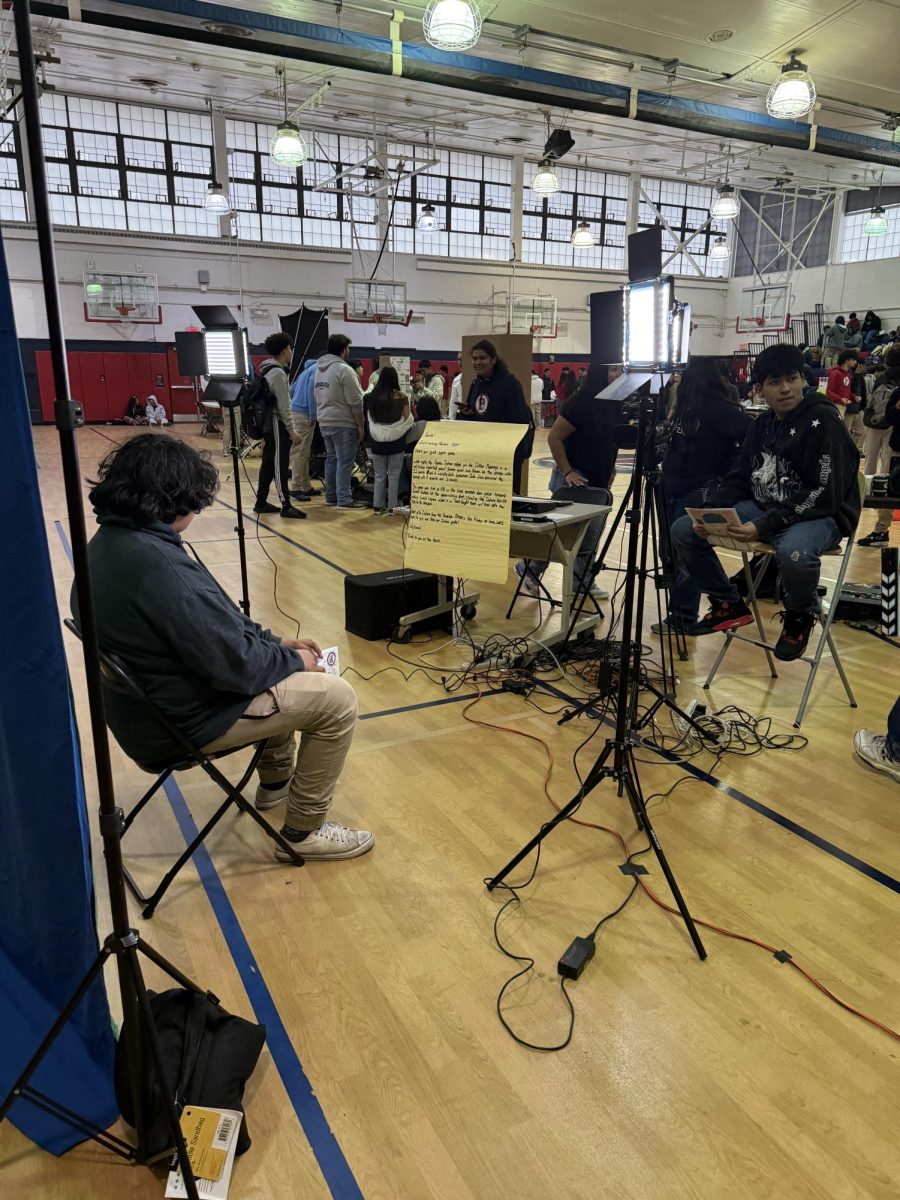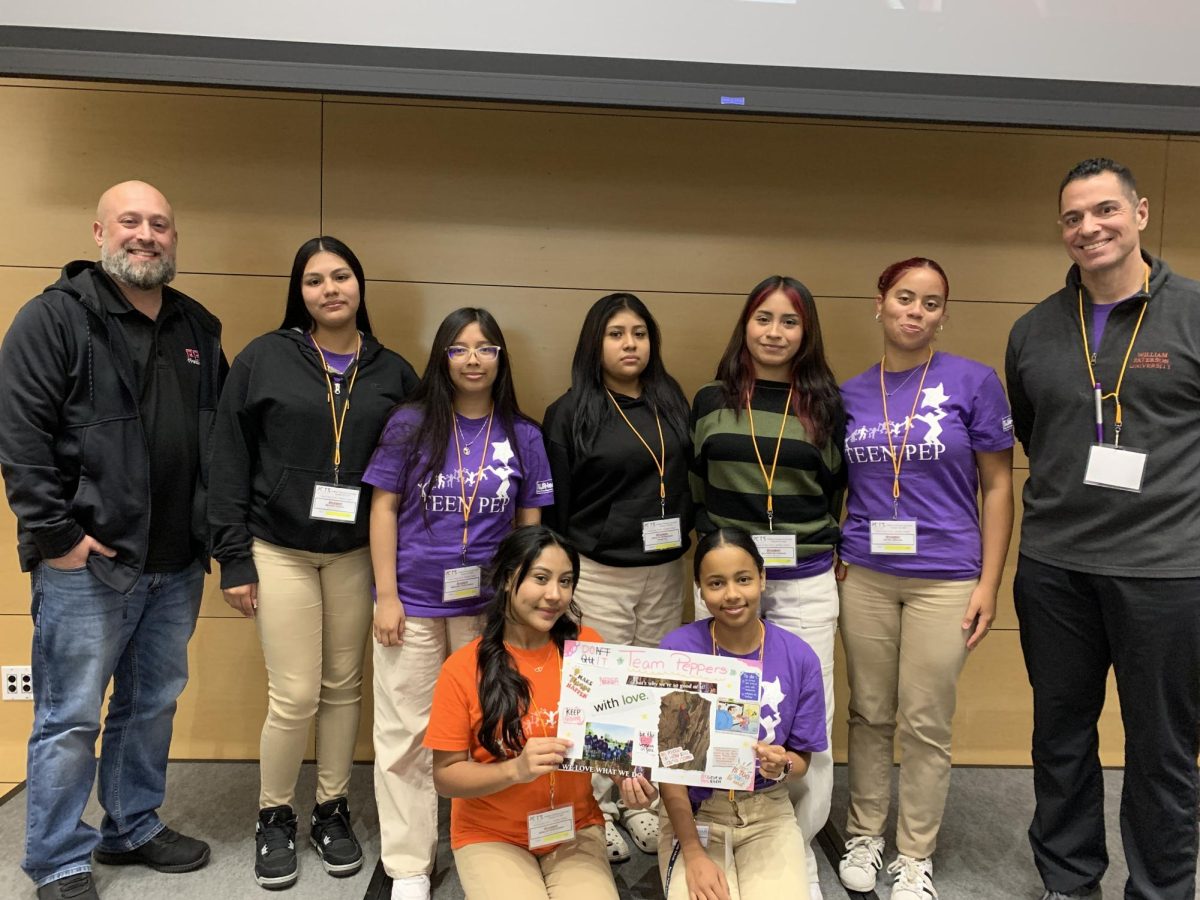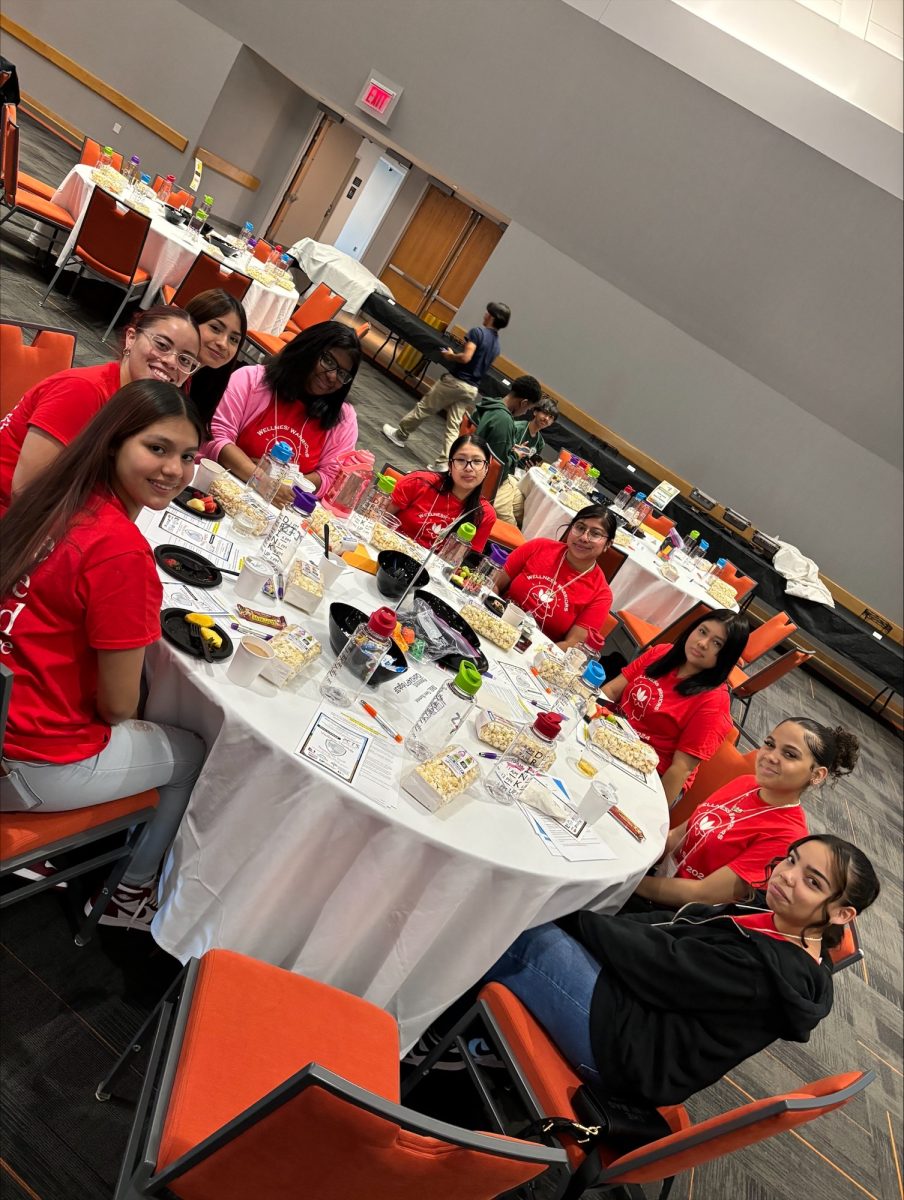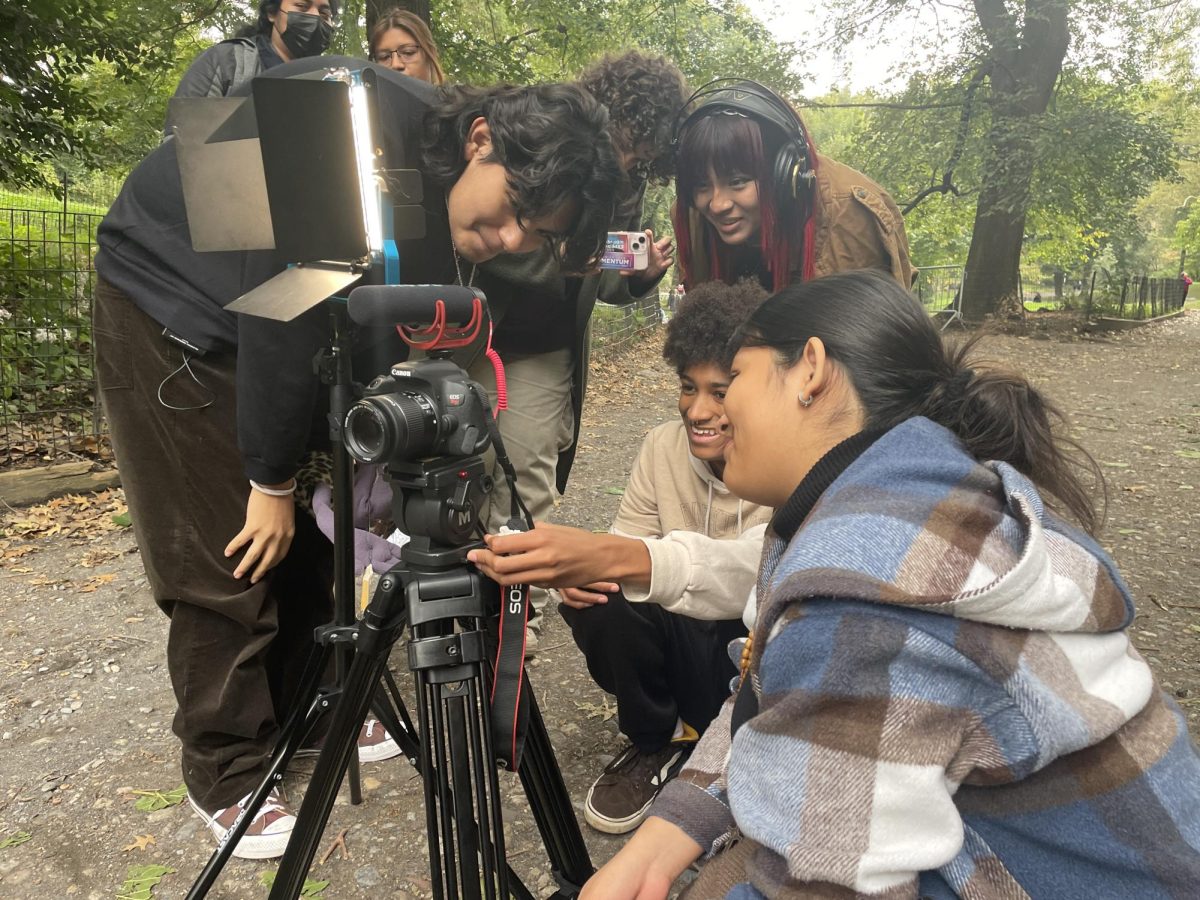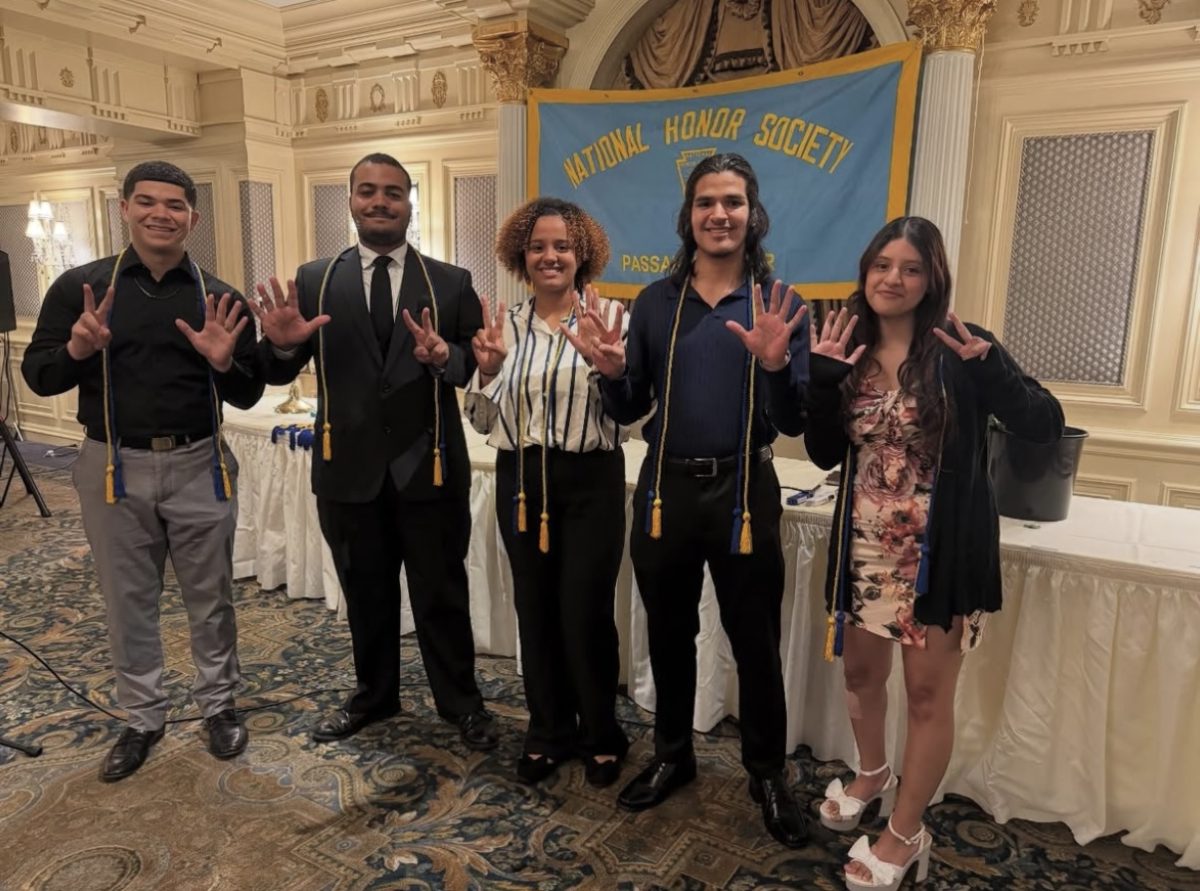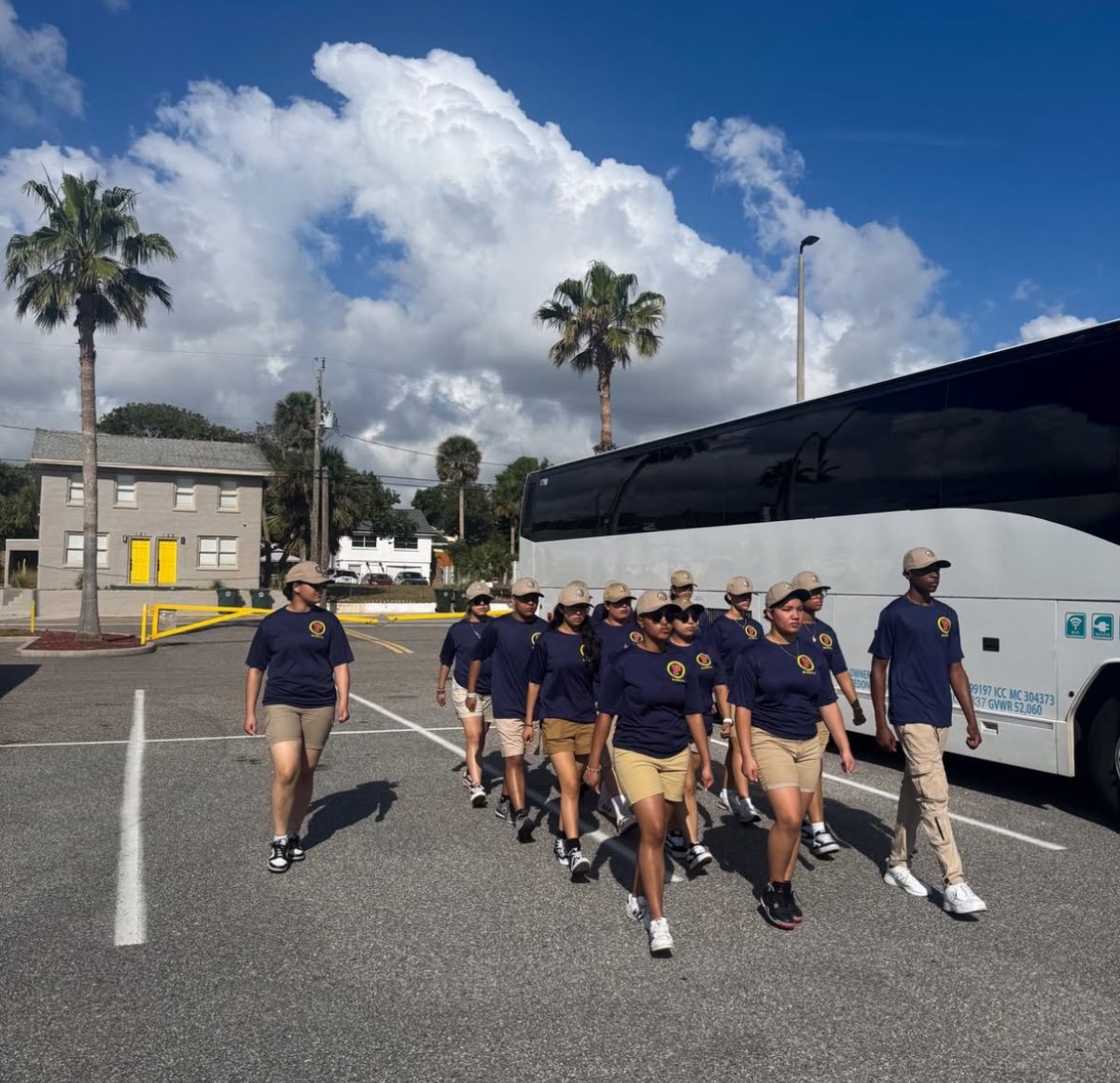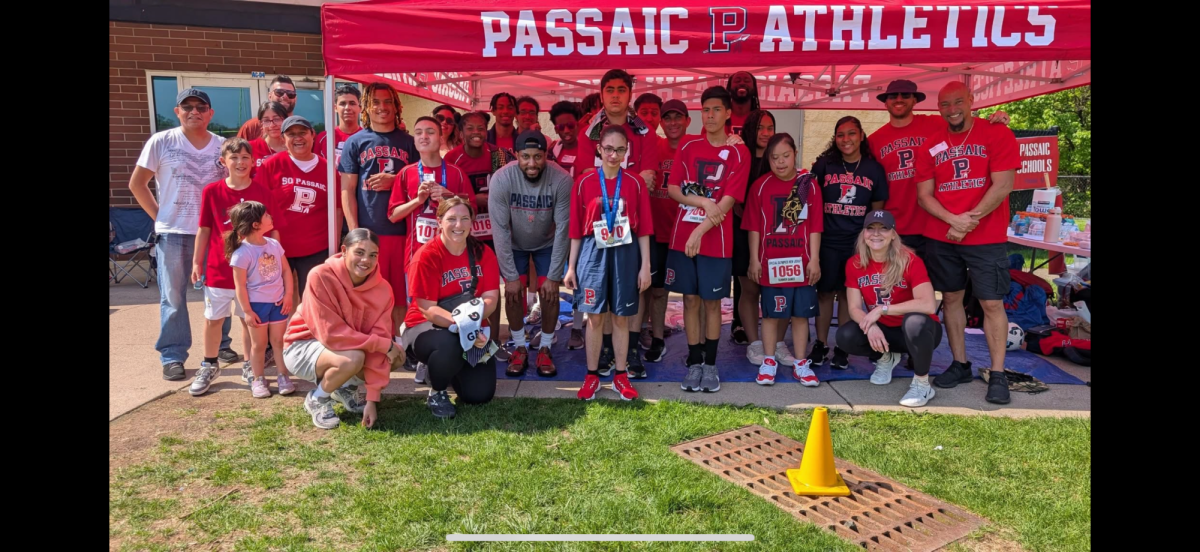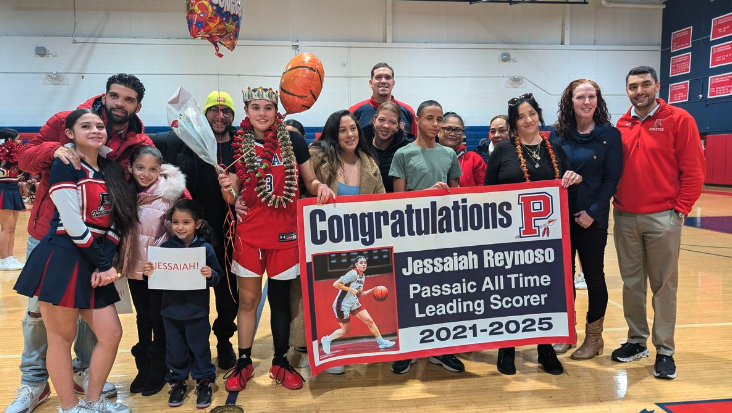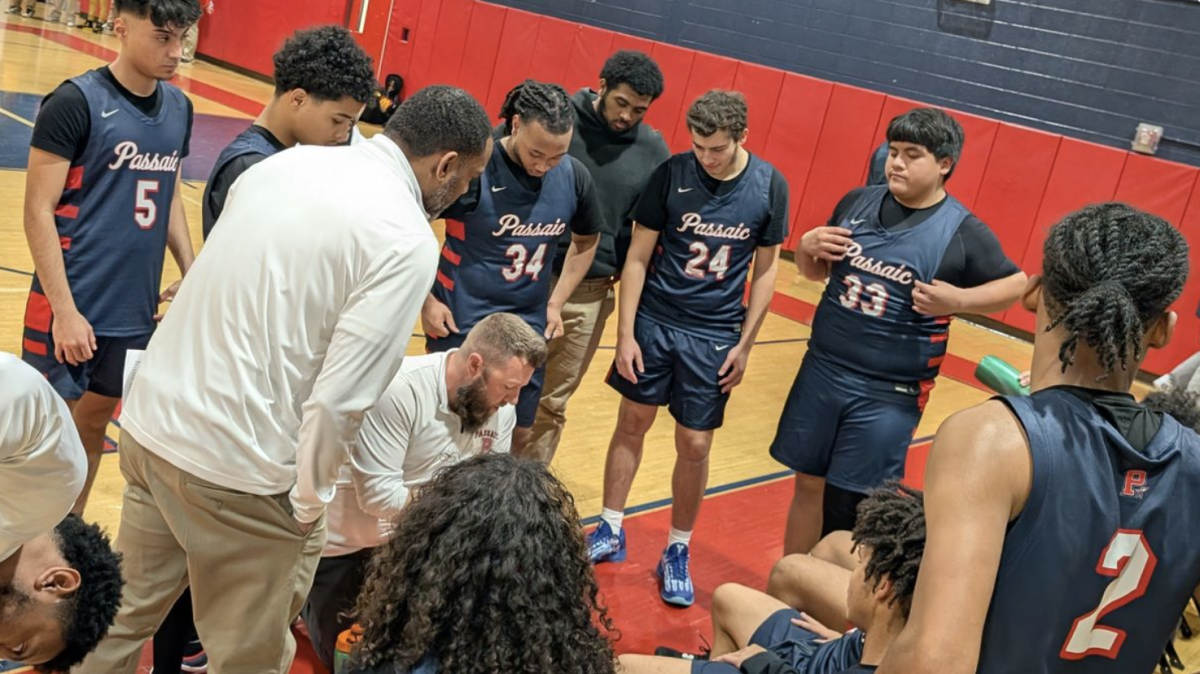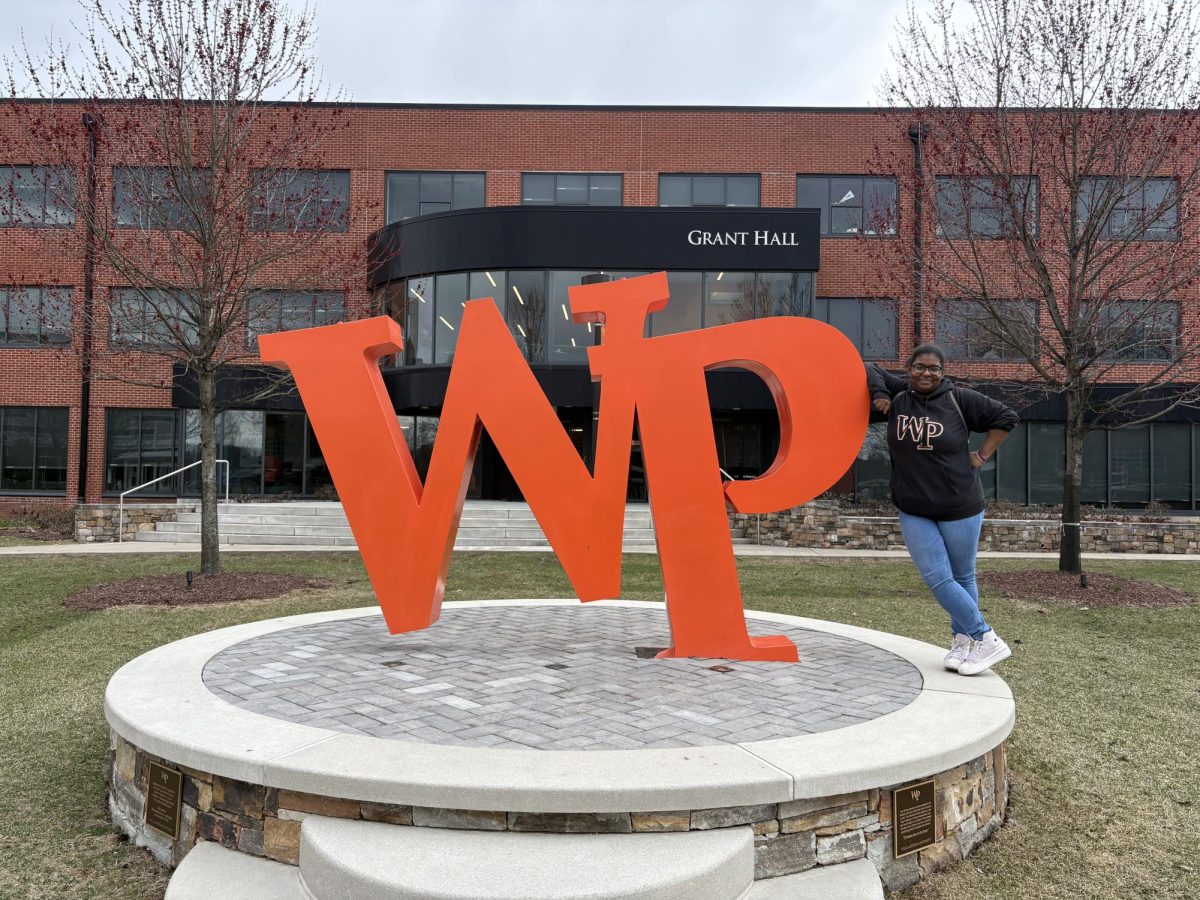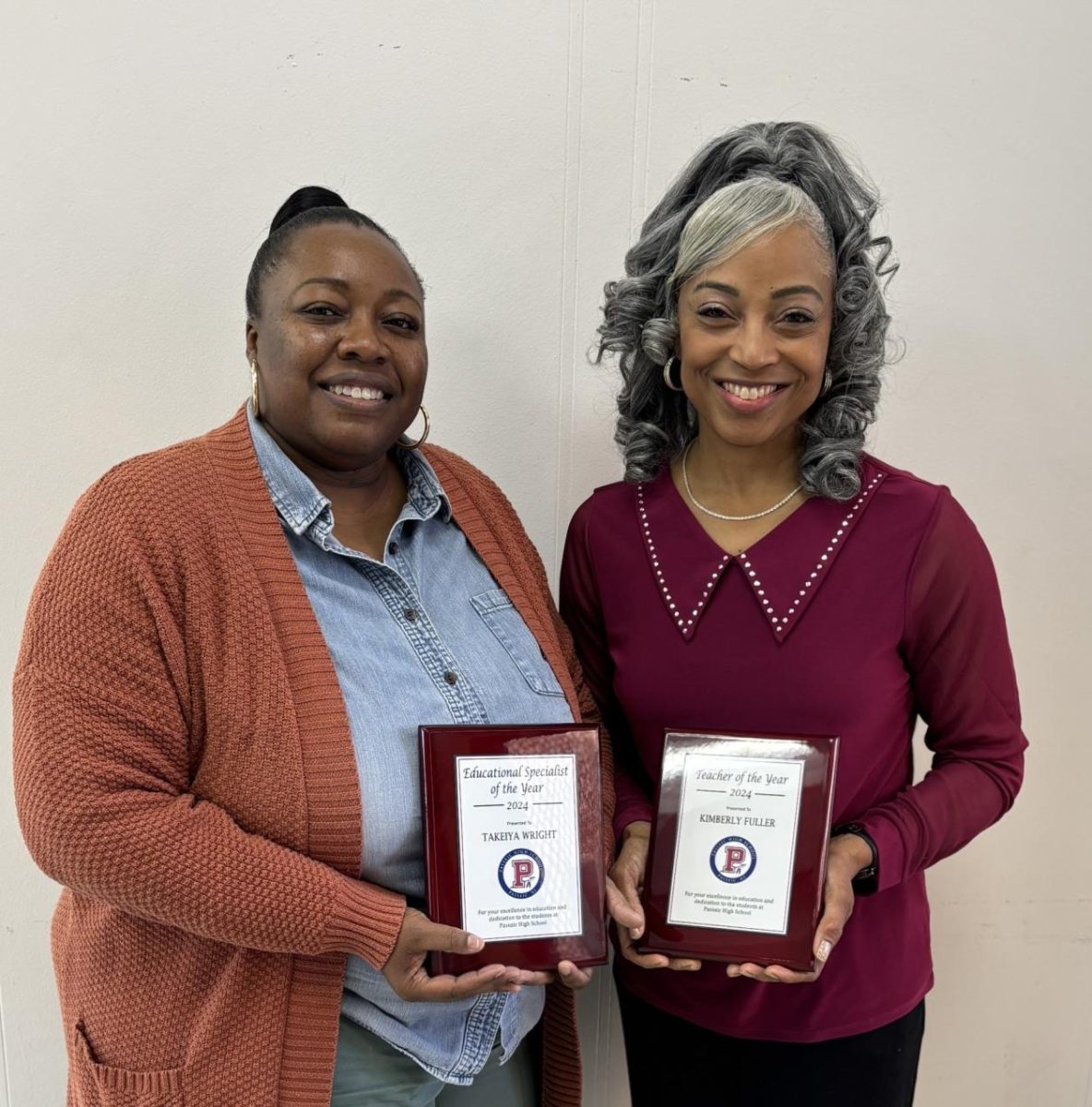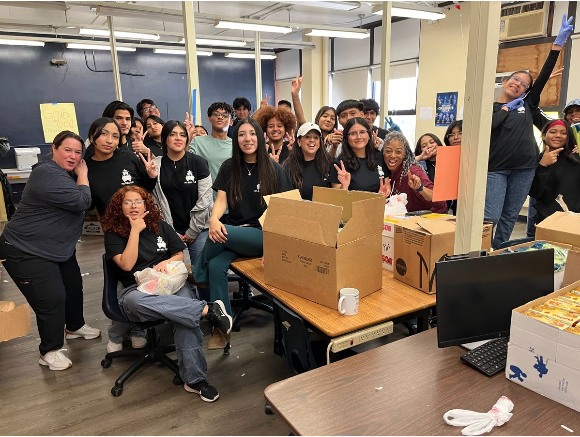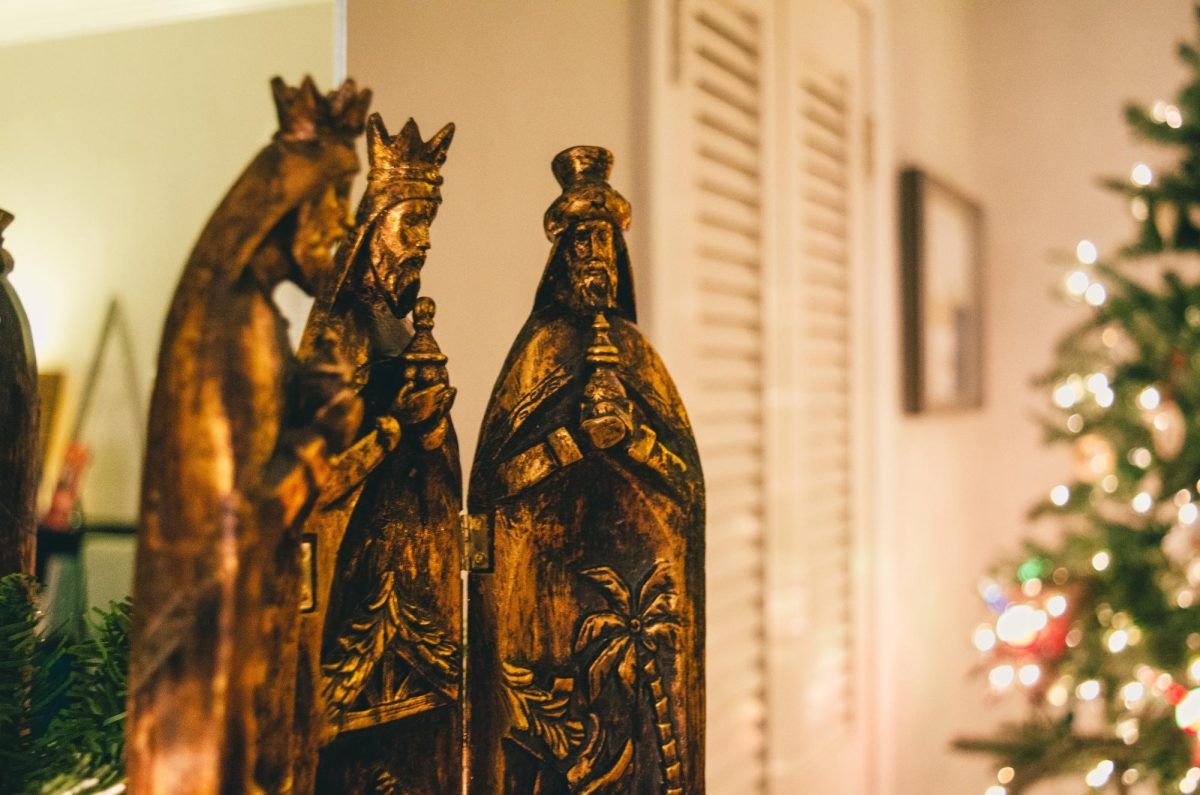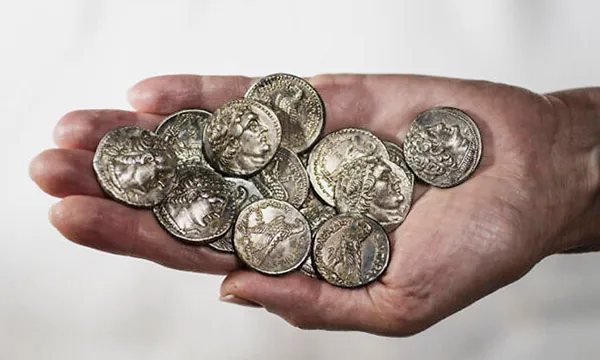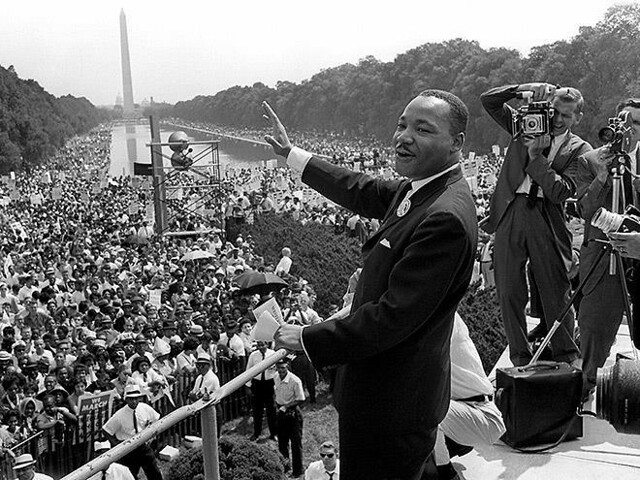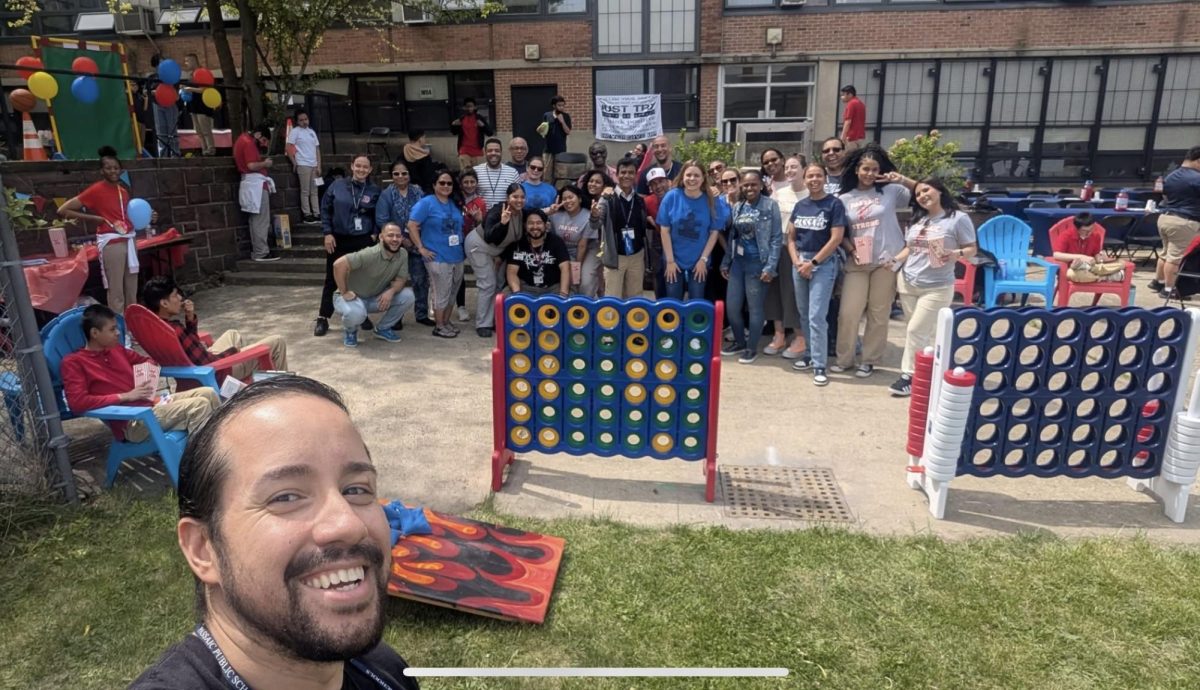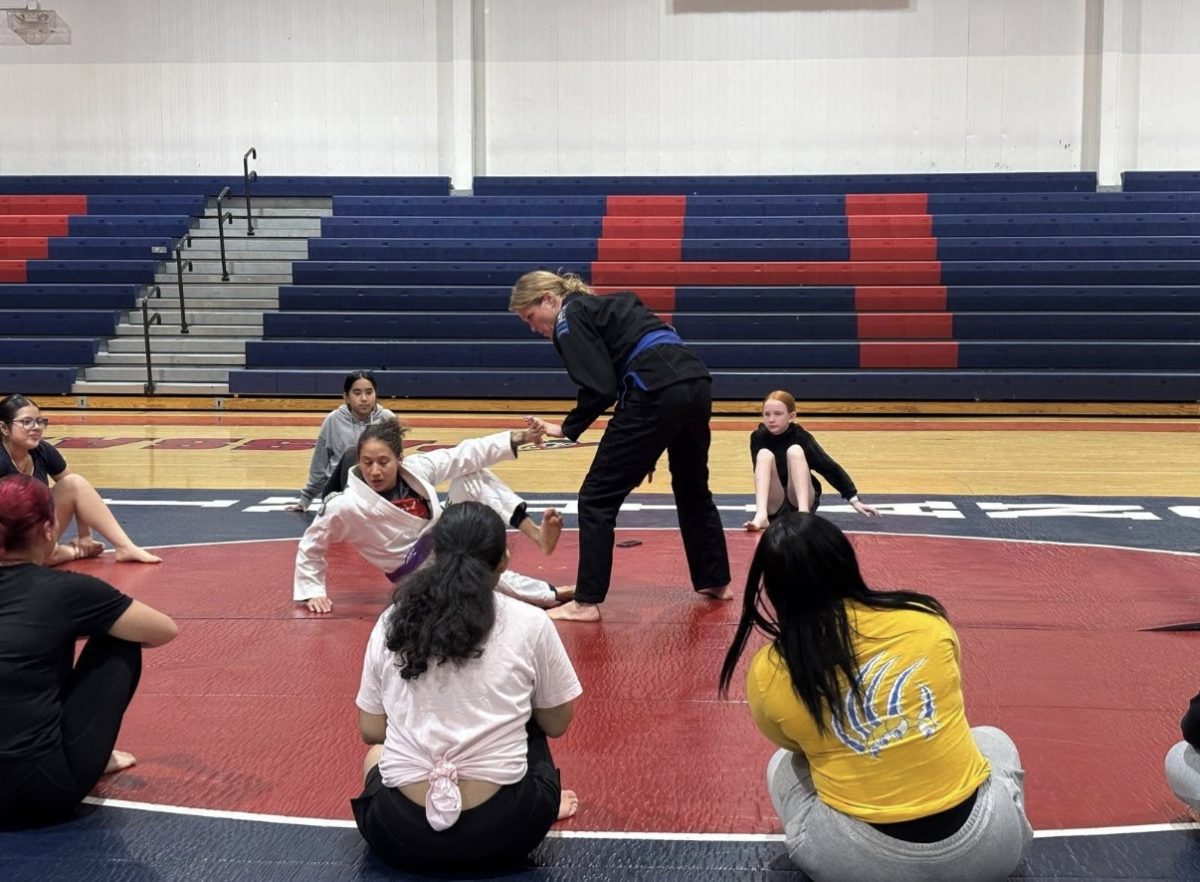As the nation prepares to observe Martin Luther King Jr. Day on January 20, 2025, it serves as an important moment to reflect on the life and legacy of one of the most influential figures in American history. Celebrated annually on the third Monday of January, this holiday honors Dr. King’s tireless efforts to advance civil rights, equality, and justice through nonviolent activism. It is not just a day off, but a day of service, reflection, and commitment to the values Dr. King stood for—values that continue to resonate in our lives today.
The Life of Martin Luther King Jr.
Born on January 15, 1929, in Atlanta, Georgia, Martin Luther King Jr. emerged as a powerful voice in the struggle for racial equality in the United States. As a leader of the Civil Rights Movement during the 1950s and 1960s, Dr. King called for an end to racial segregation, discrimination, and injustice. He was committed to achieving these goals through peaceful protests, speeches, and legal challenges, always emphasizing the importance of love, unity, and nonviolent resistance.
One of his most significant achievements was leading the Montgomery Bus Boycott in 1955, which helped to end segregation on public buses in Montgomery, Alabama. His leadership in the March on Washington for Jobs and Freedom in 1963, where he delivered his iconic “I Have a Dream” speech, remains a defining moment in the history of the Civil Rights Movement.
Tragically, Dr. King’s life was cut short by an assassination in 1968, but his impact on the world endures. The national holiday in his honor, first observed in 1983, reminds us of the progress made and the work that still remains.
Why Martin Luther King Jr. Day Matters
Martin Luther King Jr. Day is more than just a remembrance of a man and his contributions; it’s an opportunity to reflect on the state of equality and justice in America. The holiday offers a moment to reflect on the progress we’ve made, as well as the challenges that remain in striving for a more just and equitable society.
Dr. King believed deeply in the power of community, service, and collective action. He often spoke about the importance of working together for the common good. In his famous Letter from Birmingham Jail, he wrote: “Injustice anywhere is a threat to justice everywhere.” His words remind us that the fight for justice is not isolated to one group or community but is a shared responsibility.
Ways to Observe Martin Luther King Jr. Day
1. Participate in a Day of Service:
One of the core principles of Dr. King’s philosophy was the importance of serving others. In 1994, Congress passed the King Holiday and Service Act, which called for Martin Luther King Jr. Day to be observed as a day of volunteer service. Across the country, individuals and groups come together to engage in community service projects, from food drives to neighborhood cleanups, helping those in need and making a tangible impact on their communities.
2. Educate Yourself and Others:
This is an ideal time to educate yourself and others about the history of the Civil Rights Movement, the struggles of marginalized communities, and the ongoing fight for justice and equality. Watching documentaries, reading books, or attending events centered around Dr. King’s life and work can deepen your understanding and inspire further action.
3. Reflect on King’s Legacy:
Take time to reflect on the principles of nonviolence, equality, and love that guided Dr. King’s work. Consider how these values can be applied in your own life and community. Dr. King’s commitment to peaceful protest and dialogue remains relevant in today’s world, where polarization and division often seem to dominate our public discourse.
4. Support Local Organizations:
Many organizations are working to address issues of racial and social justice. Whether it’s volunteering your time, donating resources, or simply spreading awareness about their work, supporting groups that align with Dr. King’s vision is a meaningful way to honor his legacy.
5. Attend a Memorial Event or March:
In many cities, especially in places like Washington, D.C., Atlanta, and Memphis, local events, memorial services, and marches take place to commemorate Dr. King’s life. These events offer a chance to come together as a community, celebrate King’s contributions, and discuss the future of civil rights in America.
Continuing the Dream
Dr. King’s dream of a world where all people are judged by the content of their character and not the color of their skin is far from fully realized. The struggles of the Civil Rights Movement continue to echo through movements for racial justice, economic equality, and human rights. In recent years, the Black Lives Matter movement and other grassroots organizations have reignited the fight for equality and justice, taking inspiration from Dr. King’s unwavering belief in nonviolent resistance and collective action.
While much progress has been made, the work is far from finished. Martin Luther King Jr. Day is not just a time to look back on the achievements of the past; it is a call to action for the present and future. By serving our communities, advocating for systemic change, and staying committed to the ideals of justice, we can continue the work Dr. King began and move closer to the beloved community he envisioned.
Conclusion
As we observe Martin Luther King Jr. Day this year, let us remember not only the struggles of the past but also the challenges of today. Let us honor Dr. King’s legacy by continuing the fight for a more just, equal, and compassionate society. In doing so, we pay tribute to a man whose work changed the course of history and whose message of peace, unity, and love remains as vital and powerful as ever.
